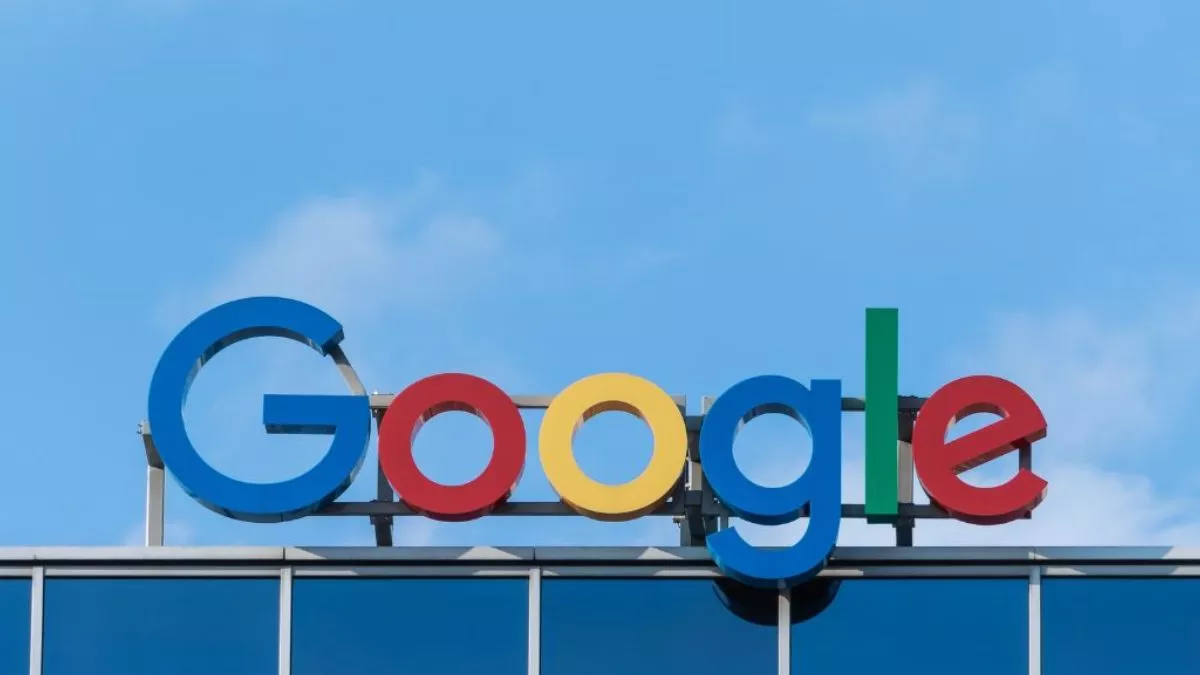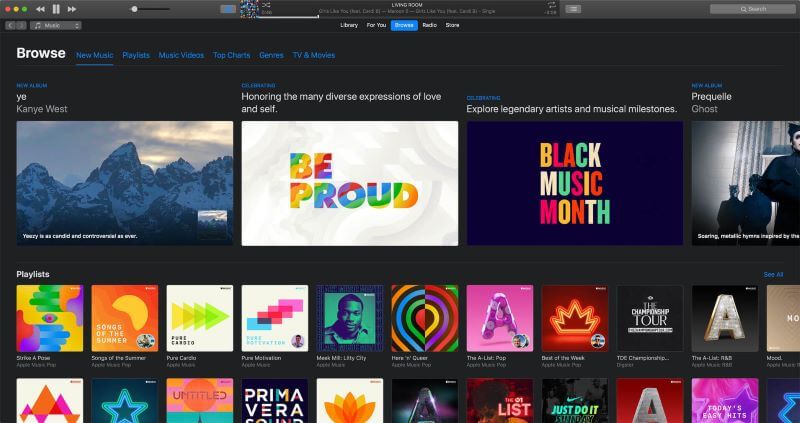Google has introduced a series of AI-powered partnerships to improve healthcare, sustainability, and agriculture in India. The tech giant aims to enhance services across these sectors by utilizing AI-driven solutions, such as diabetic retinopathy screening, urban waste management, and agricultural development.
Making Complex Tasks Easier
To achieve this, Google is collaborating with local and international organizations. These announcements were made during a roundtable event in Bengaluru, which also marked the fifth anniversary of Google’s research lab in the city. This event followed the 10th edition of the Google for India event, where the company unveiled AI capabilities to simplify complex challenges on a large scale.
Dr. Manish Gupta, Research Director at Google DeepMind, emphasized that Google’s goal is to make people’s lives easier, and the company is continuously working to tackle challenges. By partnering with Indian organizations, Google is developing AI-powered solutions to improve healthcare services and simplify understanding.
AI Playing a Crucial Role
In the next decade, Google plans to offer 6 million AI-assisted screenings for diabetic retinopathy in India through collaborations with Forus Health and AuroLab, as well as in Thailand with Perceptra. AI is playing an essential role in these initiatives, particularly in resource-limited communities. Google’s AI model has already been instrumental in over 600,000 screenings worldwide.
Sunny Virmani, Group Product Manager of Health AI at Google, said that from early research to the first patient screening in Madurai, India, Google is committed to making meaningful changes in people’s lives through AI. Partnerships with Forus Health, AuroLab, and Perceptra are helping to advance this commitment by creating a global network of innovators working to eliminate preventable blindness caused by diabetic retinopathy.
CircularNet for Waste Management
Google’s CircularNet is an AI-powered computer vision model developed in partnership with Bengaluru-based Saahas Zero Waste. CircularNet helps identify and sort plastic waste for recycling. The TensorFlow-powered model showed nearly 85% accuracy in detecting plastic waste during a pilot program. To support data-driven decision-making in agriculture, Google is also opening its Agricultural Landscape Understanding (ALU) research API to developers.



